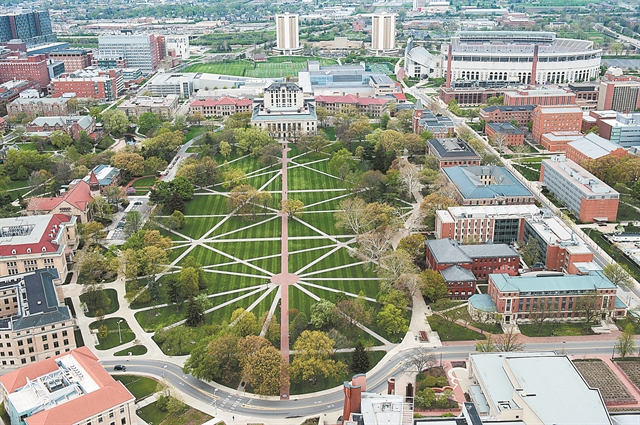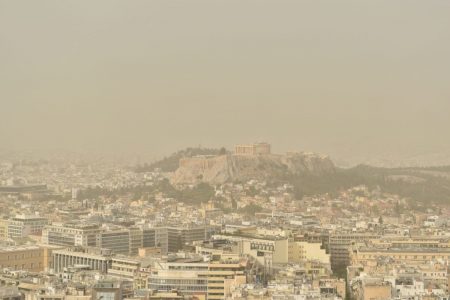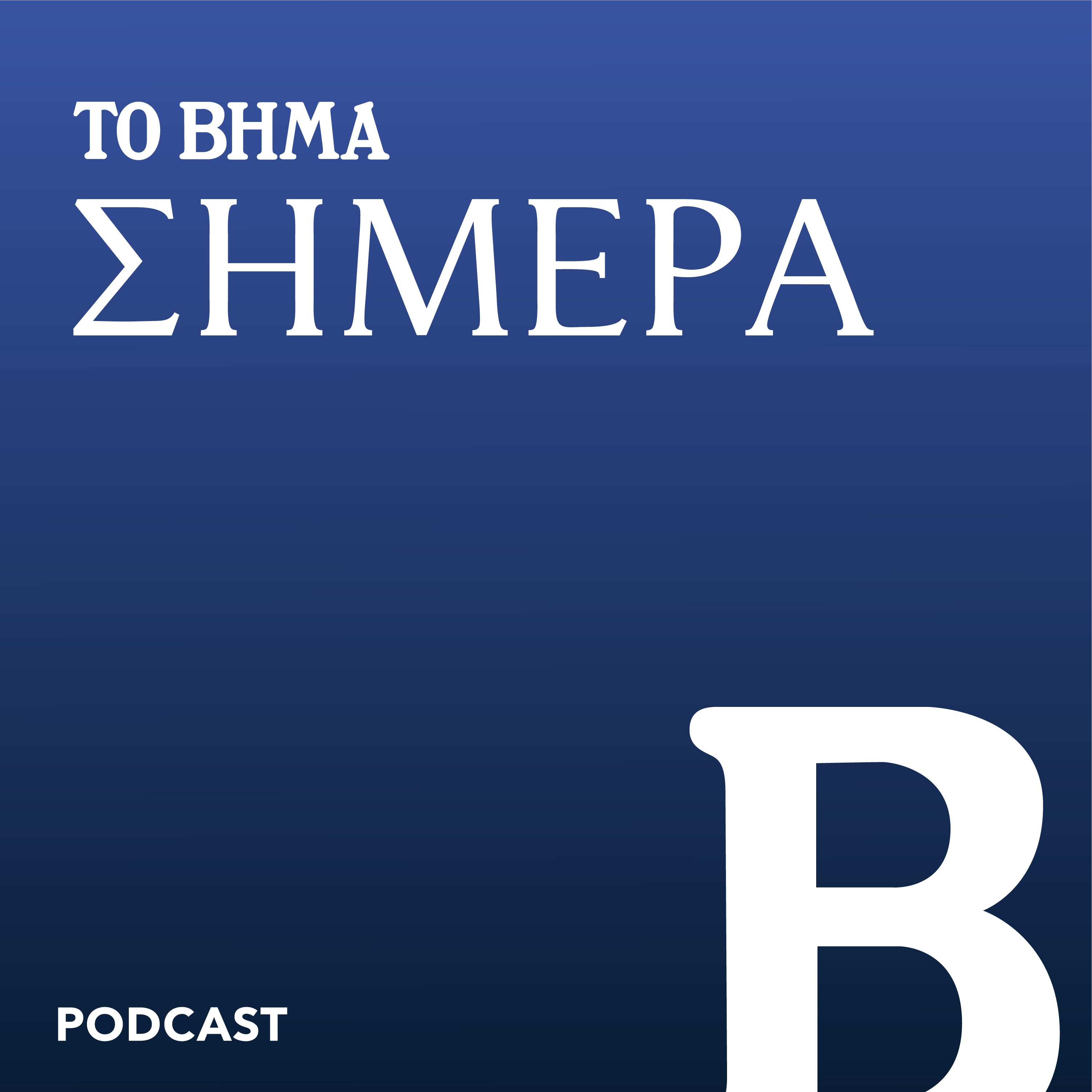The announcement of the newly endowed Miltiadis Marinakis Professorship in Modern Greek at the Ohio State University (OSU) is a cause for celebration. Modern Greek Studies in the United States has gained another endowed position. The endowment gives financial security, ensuring that the Modern Greek language and culture will be taught at OSU for the indefinite future.
In reality, the Modern Greek program has already existed at OSU for almost 45 years. Beyond celebrating the creation of the endowment, this is a moment for reflection on those 45 years. What does it take to build and sustain a high quality academic program in Modern Greek studies at an American public university? The question is crucial. People tend to celebrate new endowments, and they mourn every closing of a Modern Greek position. We should all be asking: how has the program at OSU, or the one at the University of Michigan (UM) where I teach, kept itself alive?
I write as someone who knows these two programs well. I was a high school student in Columbus, Ohio when a group of Greek Americans created the Paideia Project in response to devastating events in Greece and Cyprus in the summer of 1974. This group dared to dream of raising money to create a program of university study where students would gain enough proficiency in Modern Greek language, literature, and history to become responsible interpreters of Greek culture. I became a graduate student at OSU a decade later. I taught undergraduates, built a research profile, and earned a PhD. I saw up close the kind of sustained work that faculty put into the program to develop the curriculum in ways that have inspired and challenged successive generations of students.
I now hold the C.P. Cavafy Professorship in Modern Greek and Comparative Literature at UM, following in the footsteps of my predecessor, Vassilis Lambropoulos (who retired in 2018), and working with colleagues Despina Margomenou and Will Stroebel, The professorship was endowed in 1999 by the Foundation for Modern Greek Studies, a grass roots group of Greeks of the diaspora similar to the Paideia Project. It is named after Cavafy, the most famous modern poet writing in Greek and preeminent poet of the Greek diaspora.
Here are lessons I have learned since 1974 about how to build and sustain a good Modern Greek program.
Lesson 1. Build on preexisting resources. The C.P. Cavafy Professorship was endowed after Modern Greek had been taught at UM with success already for a decade. It is housed in the departments of Classical Studies, where ancient Greek has been since the university’s founding in 1817, and Comparative Literature, with its multilingual
perspective and campus-wide initiatives. Modern Greek is one of 50 languages which the university offers and supports with a Language Resource Center. Building on such resources, the Modern Greek program has a good chance to thrive.
Lesson 2. Cultivate relationships across campus, the region, and the world. Programs of study are deeply relational. Our faculty and students draw on multiple resources, from specialists in other departments and centers to materials in libraries and museums. In 2002, we curated an exhibit of Cavafy’s manuscripts and photographs in the Kelsey Museum of Archaeology, placing these in juxtaposition to ancient artifacts from Egypt that resonate deeply with Cavafy’s poetry. In 2016, we collaborated with the Institute for the Humanities to bring two artists, Cacao Rocks and Olga Alexopoulou, who painted murals on a prominent street corner. Once a year, secondary school students come to campus to take the Ellinomatheia proficiency test. We regularly sponsor events that attract our friends in the Greek community, who have important perspectives. Relations with institutions in Greece are especially vital. Students depend on these for summer language study and internships that connect Greek with their career aspirations. All these relationships are enriching.
Lesson 3. Keep the curriculum alive. The beauty of Modern Greek studies is that its subject is ever-evolving. Our students, who are also never the same, learn a body of knowledge that is changing. To keep the curriculum alive, we give them real problems to solve. Teaching with authentic tasks makes students active learners. This is the principle guiding “Engaging Antiquity: Heritage, Museums, Media, Tourism, and Communities,” a course that encourages students to explore the personal and collective value of heritage and its ethical and legal dilemmas through debate and other forms of direct engagement. Projects such as these offer a unique experience in which students take charge of their learning.
Lesson 4. Be ready for the next crisis. There is no guarantee that Modern Greek Programs will exist forever. Crisis inspired Greek Americans to advocate for the creation of Modern Greek programs beginning in the 1970s. Crisis may bring us down at any moment. Currently the coronavirus pandemic has thrown American university life in disarray. Yet Modern Greek studies has evolved as an agile player from the time of its emergence. Crisis is a perpetual reality. Knowing that another crisis lies ahead sparks new ideas and keeps our work alive.
Artemis Leontis is C.P.Cavafy Professor of Modern Greek and Comparative Literature; Chair, Department of Classical Studies, University of Michigan




